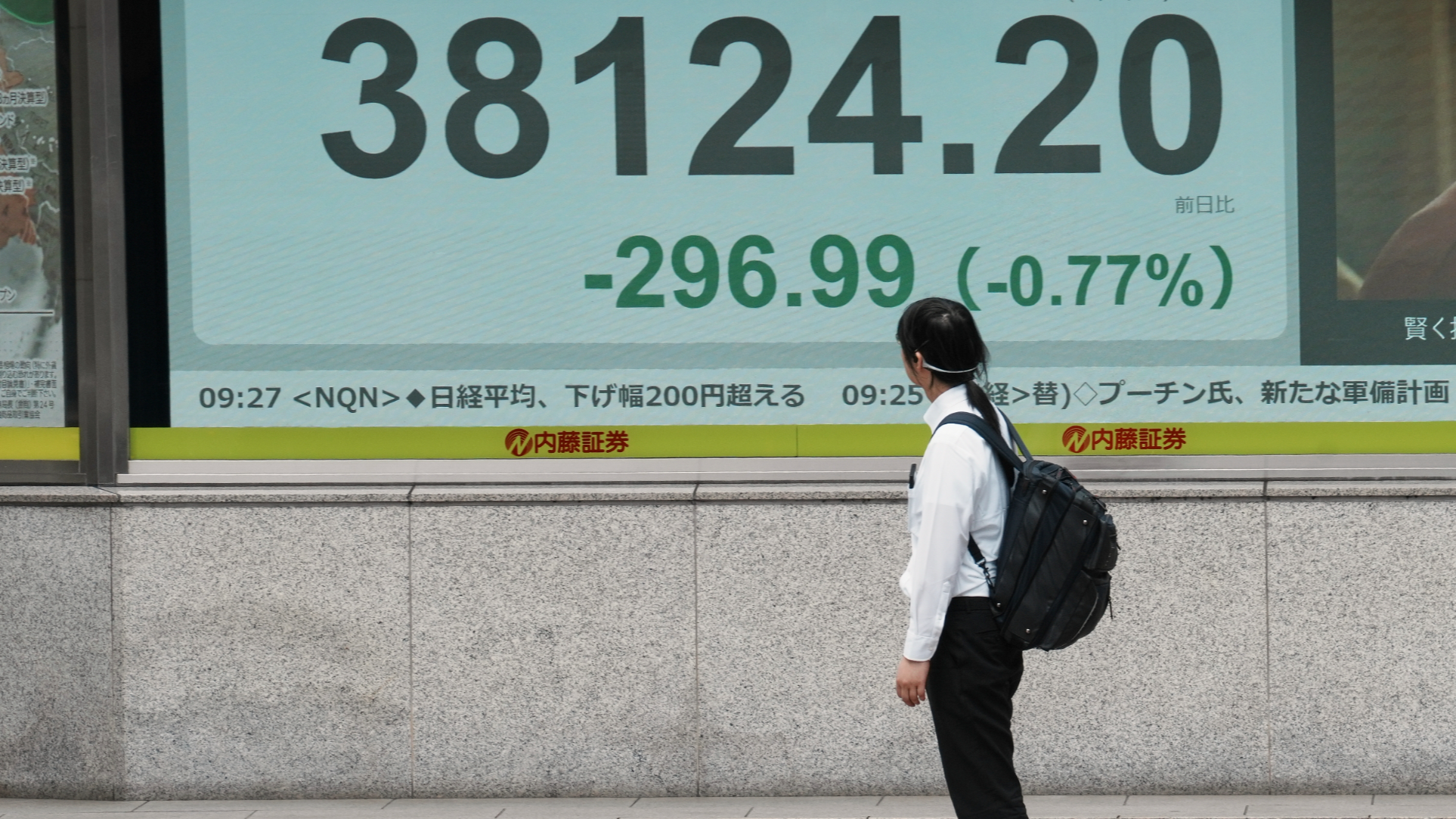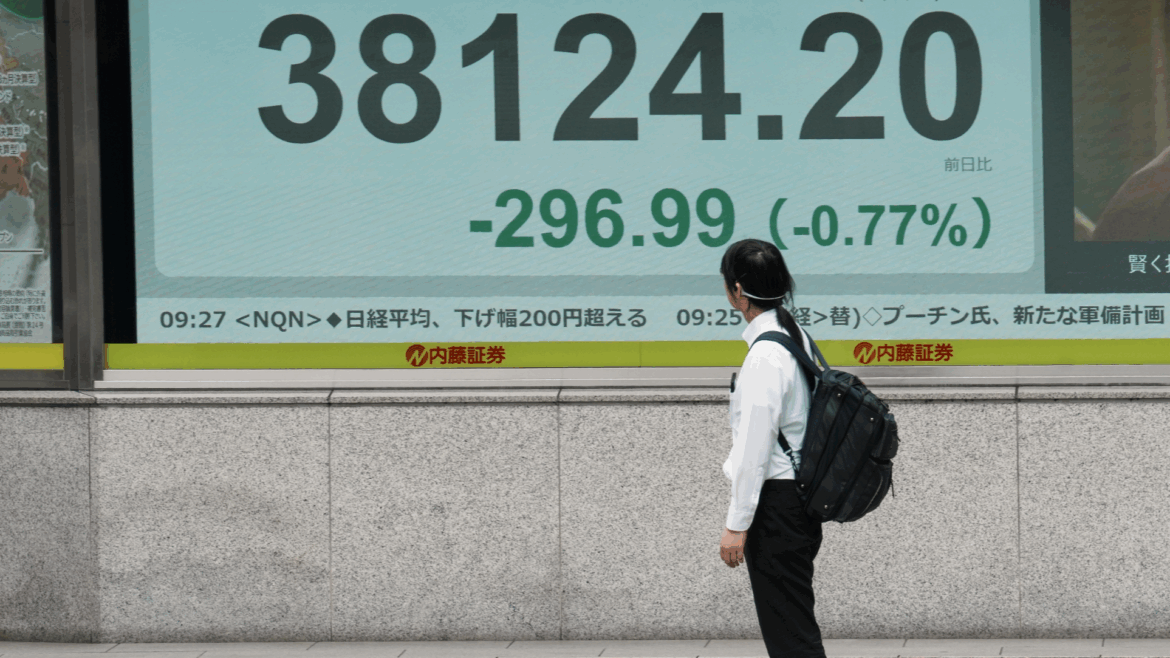
OKYO – Japan’s business community and industrial analysts are increasingly uneasy about the implications of the new Japan-US tariff and investment agreement, amid mounting concerns that the deal may heavily favor Washington and expose Tokyo to renewed protectionist pressure from the US administration.
The accord finalized in September committed Japan to a sweeping 550 billion US dollar investment in the United States over the next several years, in return for a deal that puts tariffs on Japanese cars and other products at lower levels.
While Tokyo has touted the deal as a “win-win” arrangement to strengthen economic and security ties, critics warn that it risks transforming Japan into a mere financier of America’s industrial ambitions.
Under the memorandum signed in September, investment projects will be selected by the United States and managed under a US-chaired framework, prompting criticism that Tokyo could be swayed by the US president’s political will.
Japanese companies have also expressed concern about the profit-sharing arrangement, under which profits generated from Japanese investments in the United States shall be shared equally between the two nations until Japan has recouped its investment. Following the recovery of Japan’s principal, 90 percent of further profits go to the United States and only 10 percent to Japan.
“Overall, this is a US-dominated scheme that effectively utilizes funds from Japan’s financial institutions to support US economic and industrial policy. It constitutes a clearly unequal arrangement,” noted Takahide Kiuchi, executive economist with Nomura Research Institute.
ALSO READ: Foreign visitors to Japan surpass 30m at record pace
Japan’s unease is compounded by uncertainty surrounding US President Donald Trump’s intentions.
“The Trump administration is weaponizing tariff policy to manipulate the global economy at will,” said Toshihiro Okubo, an economics professor at Keio University. “If deglobalization and protectionism intensify, Japan’s ability to benefit from free trade will diminish.”
With Trump expected to visit Japan later this month, the Japanese government is under pressure to present tangible results. Yet local media reported that many in government privately admitted that producing high-quality projects without sacrificing Japan’s interests will be extremely difficult.
Even if political considerations make it unavoidable to invest in projects with uncertain profitability, Japan should conduct thorough prior assessments, start on a small scale, and integrate private-sector expertise to ensure rigorous risk management, analysts advised.
While Japan has gained the short-term benefit of lower US tariffs, its investment commitments may mark the beginning of a new era of “managed trade” — a relationship defined less by free trade than by strategic dependence on the United States, said a Nikkei editorial.


AloJapan.com